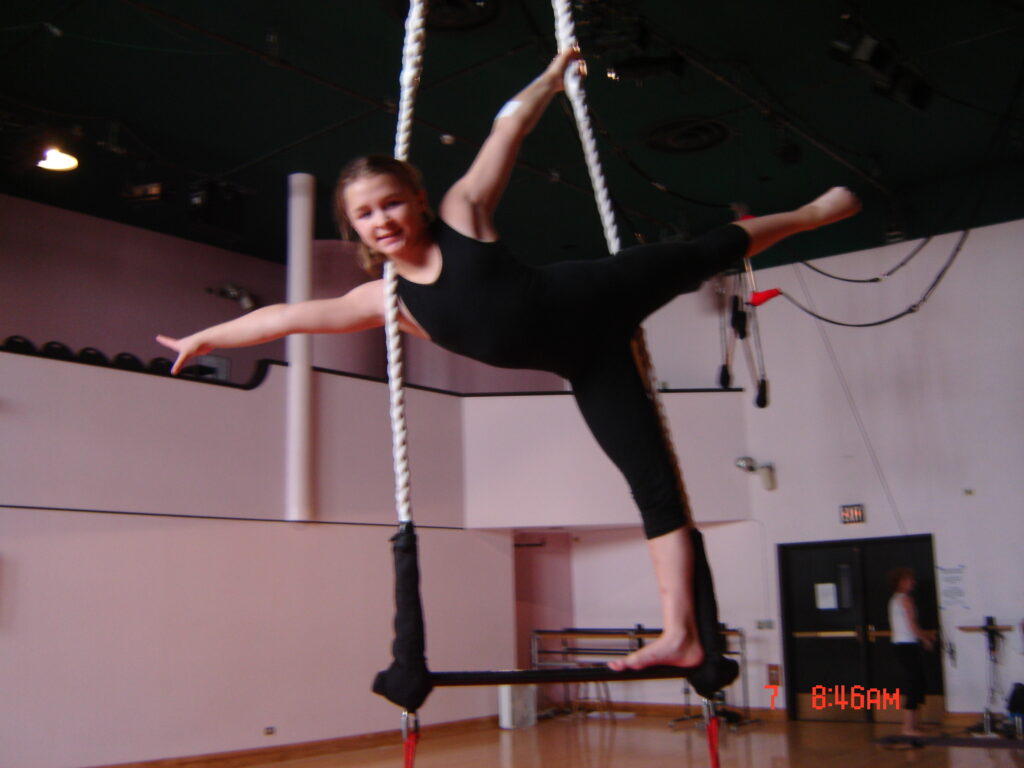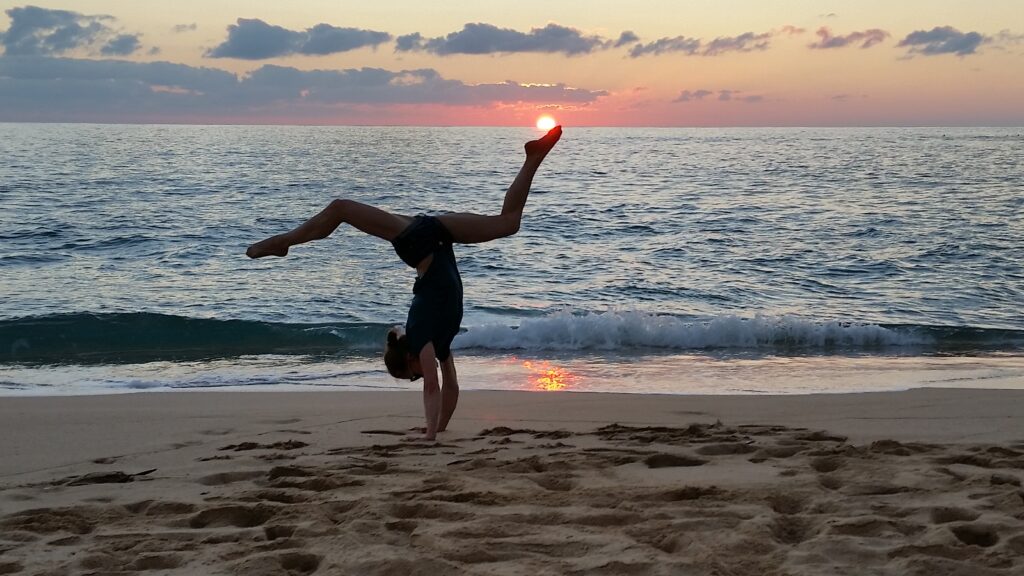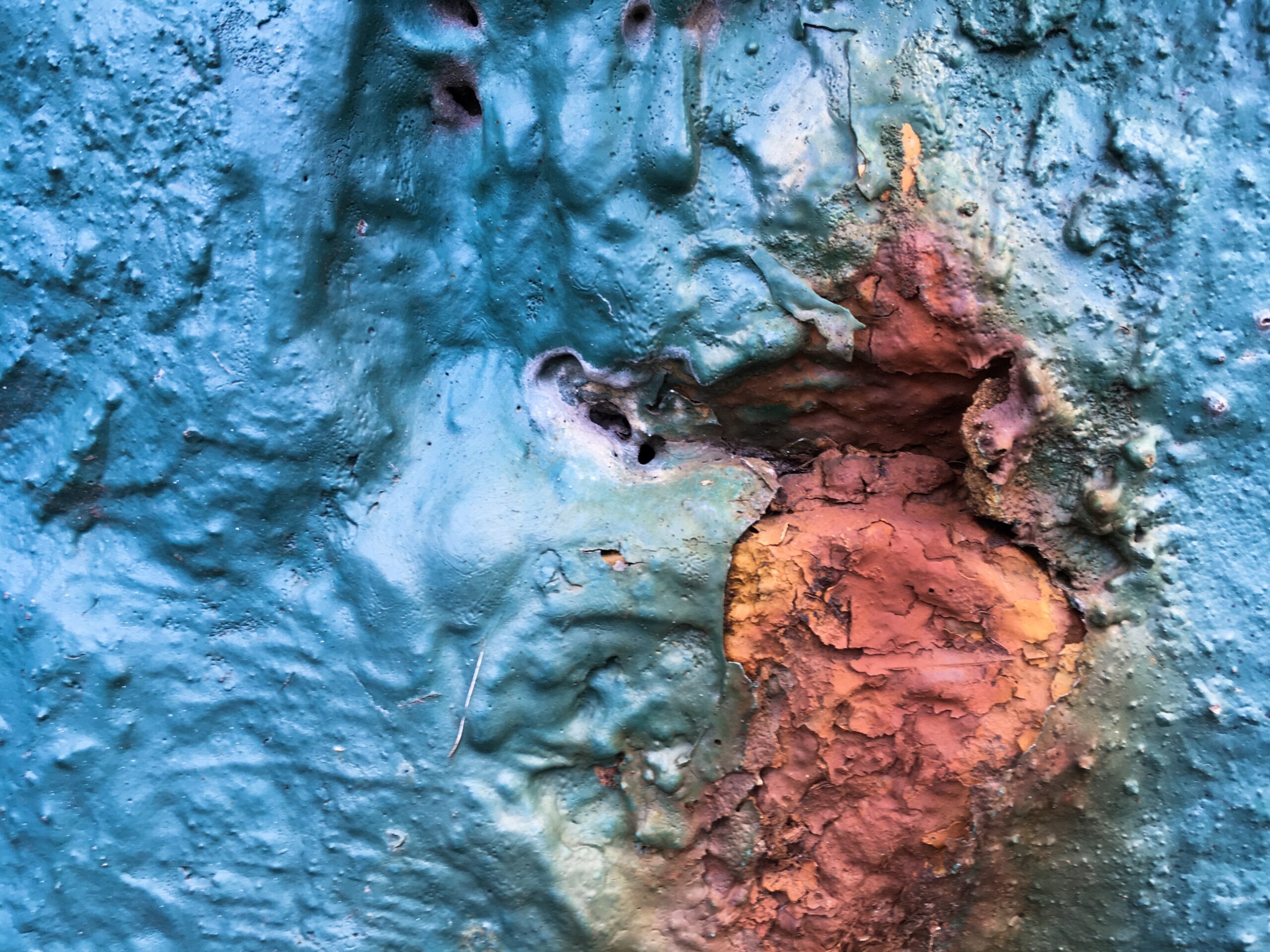This is a 10-minute read.
It’s so fascinating to me, how we get where we’re going in life, the many different routes and detours we take to get there. You can almost never see how the path will play out, but more often than not, it does so in the most beautiful way. Life can give you more than you could ever imagine, if you open up to receive it.
This has been my experience of life so far. If there’s one thing the past few years have taught me, it’s that life works better when you stop trying so hard to control everything and begin to go with the flow.
Yesterday, I was reflecting on my own journey. In many ways, I’ve been grateful through this time as I feel my life has prepared me for the challenges of 2020 in the best possible ways. As we go through life, we acquire skills and learn lessons, and we never know when they’re going to come in handy. I believe there are many pathways we can take in life, many different timelines that may play out depending on the choices we make; through it all, there is a larger energy guiding our direction, an overarching narrative to where we are going, but we always have our free will to decide where we turn next.
In the midst of a pandemic where we’ve had such challenging circumstances imposed on us from the outside, it can be easy to forget this. One of the most empowering things for me, however, has been to see my ability to choose how I respond. There are so many things in life we can’t control. When we get caught up in focusing on these things, that’s when we see our anxiety rise and our minds spin out listing everything that could go wrong. We feel helpless. But there is another way.
This isn’t the first time I’ve received a series of curveballs in a short span of time, and things haven’t gone according to plan. A few months ago, I looked back on the projects and goals I had set for myself at the beginning of the year, and it made me laugh. I wasn’t doing any of them. Instead, I’ve written half a novel, published my first book, filled several sketchbooks with writing and stepped into my work as an intuitive guide, among other things.
The ability to adapt is something I’ve had for a lot of my life, and it has been especially useful this year. You give me time and space with nowhere to go and nothing to do, and I’ll find something to fill the time quite easily. It’s a gift. I’m not sure when it began, but I think it comes in part from being an independent, creative thinker. I always have several ideas on the back burner, and I am hardly ever bored. There’s always something to create or learn or do. Sometimes the most challenging thing is choosing which thing to go after.

My first real series of curveballs came when I was sixteen. I had been dreaming for many years of going to the Olympics in artistic gymnastics, to the point where it had become my obsession. So much so that I failed to see I’d lost my passion and enjoyment in the sport; that any joy I used to receive was largely overshadowed by my fears. For anyone outside the sport, landing on your head seems like a very rational thing to be afraid of, but as a gymnast, we were more or less taught to ignore those survival instincts, that giving into them made us weak.
I didn’t realize until years later just how much I’d been living in fear, and how much it affected me. I would go to sleep attempting to visualize myself successfully accomplishing a skill, which often led to me seeing myself getting injured at some point or another. I prayed for safety. There was this constant loop playing in the back of my head, relaying all the things that could go wrong and all the ways I wasn’t good enough.
I numbed out emotionally developed an eating disorder to control what I could. I remember it hit a few peaks in the last few years of my gymnastics career. At one point just after I’d switched to a new gym, the school counsellor sat me down to ask me if I was okay. Apparently, some of my classmates and teachers were worried about me. I was too caught up in my own world to notice anyone cared, and her concern surprised me. Of course, I was fine, I’d said. I thought this was what it meant to be in pursuit of a goal. No pain, no gain, they always say. Wasn’t that the only way?
A little more than a year after that encounter with my school counsellor, I hit a career high followed by a personal all-time low. I performed well at a competition only to return to the gym the next day, unable to perform the simplest of skills. My fear paralyzed me, and I felt incredibly lonely. I never really fit with the girls I was training with. No one really understood my point of view.
I took a week off training for Christmas break and had the best time. My mother is one of my best friends, and I remember fondly how we went shopping, ate lunch at a cute little restaurant and got our photo taken with Santa. The city was pretty in white, and the magic of the holidays was in the air.
Too soon, it came time for me to return to the gym. The first day back, I cried for two hours straight. I simply did not want to go in. This was incredibly unlike me – I hardly ever cried, and if I did, I did so in private. This was full-on, ugly cry, sobbing and unable to stop. The fear was paralyzing.
My mom called my coach, and eventually they convinced me just to go in. I didn’t have to do anything that day. My coach told me she didn’t really think I hated gymnastics, that I didn’t really want to quit. I had a competition in Hawaii in two weeks, and we could reassess after that. So, I managed. I went back to training, did my reps and routines with some difficulty. I competed and it wasn’t my best performance, I could’ve hit my routines better in an alternate universe where I hadn’t been in such a difficult mental state.
The problem wasn’t my skill level or ability, it was my confidence in myself. It was the demons that lived in my head that screamed louder than I could control and left me feeling helpless.
After the competition, I had the chance to spend five days with my parents on vacation in Hawaii – those are some of my fondest memories to this day. We drove to different spots on the island to hike and watched the sun rise and set from a new beach every day. I did what I called “happy handstands” in every place, accumulating a collection of beautiful photos that felt deeply satisfying to me. Most of all, we just had the time to be a family, something I missed back at home with my 25+ hours of training each week in addition to school and other things. I distinctly remember sitting on the beach beside my dad, watching my mother wander down to the shoreline, wanting for that moment to never end.
It did, and I went back to Winnipeg, where I fell into a bit of a depression. I was never clinically diagnosed with either an eating or mood disorder, but the signs were there. My body felt lethargic and heavy, I was exhausted most of the time, my thoughts were all consuming and I had very little desire to do anything. Discipline was how I got things done. One particularly tough day, I faceplanted on a skill I could usually do without too much difficulty. It was rough, to say the least. I think after that practice, I went home and made a commitment to change.
I have a very strong will. It’s how I was able to keep going in the sport for so long, I think. If I put my mind to something, I would usually be able to do it – whether or not I could sustain that motivation for longer than a few weeks while grinding my teeth, that was another question. I walked into the gym that Sunday and began on my first apparatus by confronting the thing I’d been avoiding for weeks. I wiped out on the slippery, four-inch wide balance beam, but it could’ve been much worse. Truthfully, what I’d done wasn’t that scary, I thought. Maybe I could do this.
On the second apparatus of the day, however, my subconscious mind had other plans. My coaches decided that a skill I’d been working wouldn’t be ready to compete, so I should sub in another skill I’d been working but hadn’t done on the floor for over two months. We had a training floor that had a slower bounce, and that was where I’d been training the skill. These things aren’t always transferrable right away. While I was nervous, the first few attempts weren’t so bad. Then it came time to do the skill in my routine.
I remember the moments before I went on the do my routine, speaking to a teammate with bravado in an attempt to affirm the outcome I wanted. In my head, however, a different reel was playing. Two months prior, I’d seen a teammate injuring herself performing this exact same skill in a very particular way. She hadn’t quite made it around on her second twist and had torn a major ligament in her knee as a result. In my head, I saw myself injuring myself in the exact same way she had, performing the exact same skill.
I stepped onto the floor, the music started, and I went for my first pass.
With a crash landing I heard a double pop in my knee. Instant tears. I clutched my knee and couldn’t move. At first, my coaches were confused, expecting me to get up and keep going. Then the music stopped. They came over to mee to see what was wrong and helped me move off to the side, off the floor. A teammate got me ice.
I stopped crying. My knee didn’t hurt overly much, per se, it just felt … weird. Twisted. Instable. I could still bend and straighten my knee, and there wasn’t any immediate bruising, so they thought maybe I’d just twisted my knee. I didn’t say anything about the pops I’d heard. After a little while, it became clear I couldn’t continue training for the day. My dad was still there, and so I got up, determinedly hobbled out of the gym and got my things to go home.

Let me be clear: you’re not supposed to be able to walk on a freshly torn ACL, but we didn’t know it’d been torn so … I did. For six weeks. There was a lot of physio and tape involved, and I tried to keep training in what limited capacity I could. After a number of weeks when it became clear my knee wasn’t getting any better, my new physio insisted I see a sports doctor and get an MRI, just to check things out. I think I already knew it was torn, and that was why I had been avoiding the inevitability of getting it properly checked. I was in denial.
The moment the doctor told me, I knew. He said he was 95% certain it was torn. Of course, I’d be getting a scan, but the evidence was pretty clear. I’d need surgery to repair the damage. One of my worst fears was confirmed.
I sat in my mother’s car after the appointment and sobbed, knowing immediately I no longer wanted to continue with gymnastics. That was the start of a major life pivot that set my life on a whole new track. I put my focus into circus, where I would eventually move to Montreal to attend the national circus school. I became a hand balancer. I created a circus production with my mother to tell the stories of refugees. I poured my time into my writing and chose to do twelfth grade via distance education due to my timing and recovery required for the surgery for my knee.
I adapted. A lot of these things were already in the works – I’d started with distance ed classes the year my training really intensified, I’d been a writer all my life, and I’d been training circus at my mother’s circus studio since the age of five. Until that point, it had just been play, but at that moment it became my main thing.
That period of my life taught me a lot that actually prepared me for the uncertainty of 2020. My life education continued when I was nineteen and experienced another series of curveballs and pivots, ones I’d been prepared for by this major life shift at sixteen.
Yesterday, in meditation, I sat with the sixteen-year-old version of myself from when I’d just torn my ACL. She was angry and self-destructive, throwing a tantrum to reveal just how much hatred she had towards herself. As I sat with her and held space for her emotions, we chatted a bit. I understood her perspective on a new level, but also provided her some insight into mine.
She thought the people she’d been friends with at that time only thought she was cool because of her dream to go to the Olympics. She didn’t understand any other reason why people would love her, and it was part of the reason she felt so much shame and embarrassment around the ‘failure’ to accomplish her goal. She felt like she’d failed the people she loved, and that was the hardest thing of all.
I welcomed her friends from that time into her space to explain to her that truthfully, her friends didn’t care whether or not she went to the Olympics – they didn’t even understand the implications of what it would mean to accomplish such a goal. They loved her because she was funny and kind, she was a good listener, and they enjoyed being around her energy. They found her drive to pursue what she wanted inspiring, even if it was a little crazy. Sure, it was badass, how she could flip and stand on her hands, but that wasn’t the reason they were in her life. They were in her life because they loved her, and that was enough.
Sometimes the value of a dream lies not in its accomplishment but in the person you become in the process of trying.
We don’t always accomplish what we set out to do. In truth, we often don’t even know our real gifts until we start trying things. I surprised myself in telling my younger self that she could be the leader she’d always dreamed of being, it would just be in a different way than she’d imagined – one that was much more aligned with who she was in her core. She would impact people through her writing and her words. Really? She didn’t quite believe me. Even in the stillness of my meditation, I laughed out loud. Really. I don’t think I quite believe me yet, either, but on some level, I know it feels true.
I opened my eyes and felt I could breathe a little easier. This tends to happen when we pick up the pieces of ourselves we’ve left behind, and forgive ourselves for the things we didn’t know.
What dreams have you left behind this year? Where do you have yet to forgive yourself? What wisdom can be found in those hard-earned lessons? Where are you growing this year?
Wherever you are, whatever you’re up to, whatever challenges 2020 has brought you, I just want you to know you’re not alone. You are so much stronger than you think – you’re resilient, creative, and adaptable. You can make a change any day you choose. I know things feel a little chaotic right now, and they may feel that way for a while, but it’s okay. It’s okay to change your mind, change your plans, change your perspective. It may not all make sense right now, but we’ll be stronger for it in the end.
I’ll leave you with this favourite quote of mine, AA Milne’s words of wisdom and kindness from Christopher Robin to dear old Winnie the Pooh:
“If ever there is tomorrow when we’re not together, there is something you must always remember. You are braver than you believe, stronger than you seem, and smarter than you think. But the most important thing is, even if we’re apart … I’ll always be with you.”
Sending you so much love xx
If you’re looking for more tools and mantras to help you in this time, you may like my short collection, Just Breathe: Eleven Mantras + Tools for Heart Healing. You can find the e-book on Kindle, Kobo or Apple Books for $2.99. Find out more here.
